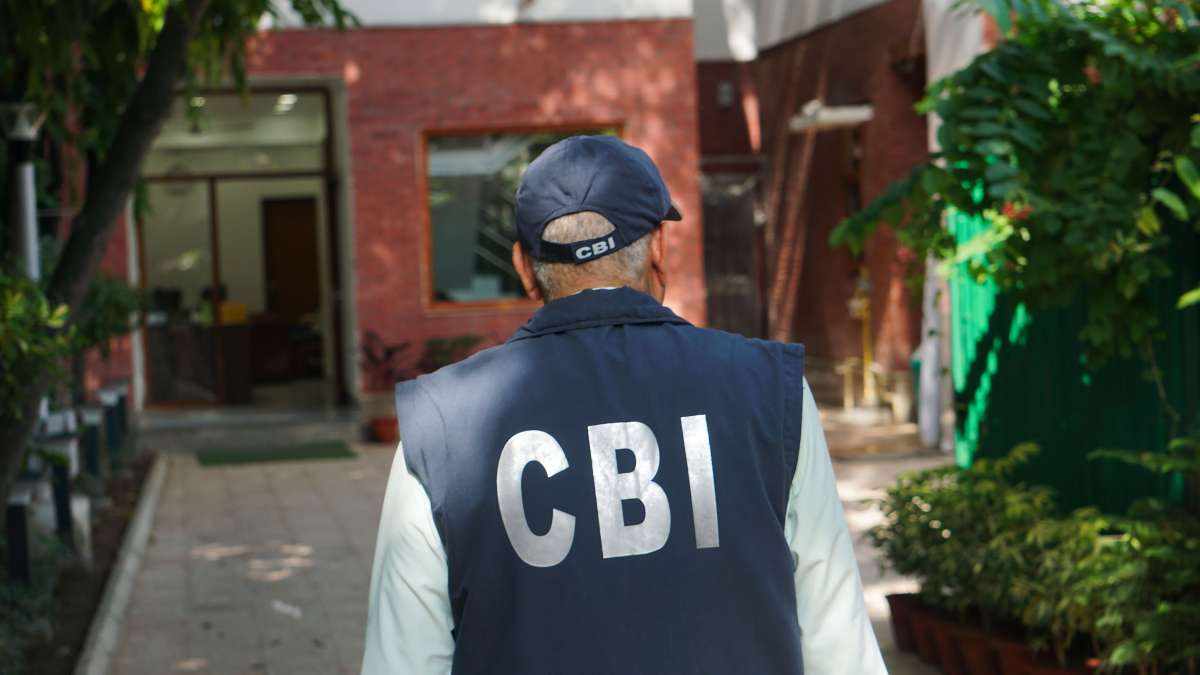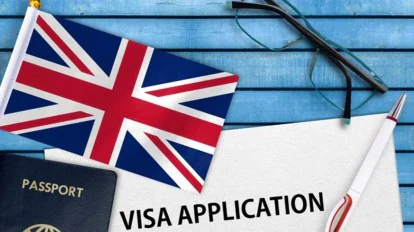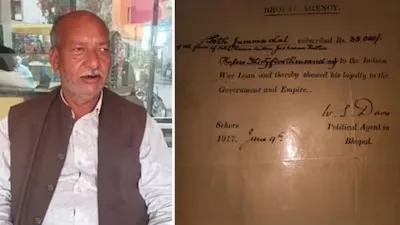CBI initiates local prosecution in Gulf murder cases after formal requests from foreign governments
The Central Bureau of Investigation (CBI) has filed charge sheets against two Indian nationals—Inder Jit Singh and Subhash Chander Mahla—for alleged murders committed in the United Arab Emirates (UAE) and Bahrain, respectively. Acting upon official requests from both countries, the CBI, in coordination with the Ministry of External Affairs (MEA), collected admissible evidence under Indian law to proceed with local prosecution, reported siasat.com.
In the first case, the CBI registered a case under Section 302 of the Indian Penal Code (IPC) against Inder Jit Singh, accused of murdering fellow Indian national Rama Lingam Natesan in Abu Dhabi in 2008. Natesan, who sold international SIM cards, reportedly had an ongoing financial dispute with Singh involving AED 300. When Natesan approached Singh’s employer to recover the money from his salary, tensions escalated. On August 28, 2008, Singh allegedly attacked Natesan with a sharp weapon, leading to his death. Following a detailed investigation and after receiving prosecution sanction from the Ministry of Home Affairs (MoHA), the CBI filed the charge sheet in a New Delhi court.
CBI files murder charge sheets against Indians accused in UAE and Bahrain killings, acting on foreign government requests under Indian legal provisions
In the second case, Subhash Chander Mahla, who worked as a driver in Bahrain, was charged under Sections 302 and 404 of the IPC for allegedly murdering his employer.
On January 31, 2011, Mahla is accused of attacking his employer with a blunt object following incidents of workplace misconduct. The injuries proved fatal. Based on a formal extradition request from Bahrain, the MEA referred the case to the CBI, which completed the investigation and submitted a charge sheet after securing necessary approvals from the MoHA.
These cases underscore the CBI’s expanding role in international legal cooperation, particularly in cases involving Indian nationals accused abroad where extradition is not feasible. In past instances too, such as the 2012 case of Santosh Kumar Rana, who was convicted in Kuwait and later prosecuted locally in India, the CBI has acted on mutual legal assistance or extradition requests forwarded by the MEA.








